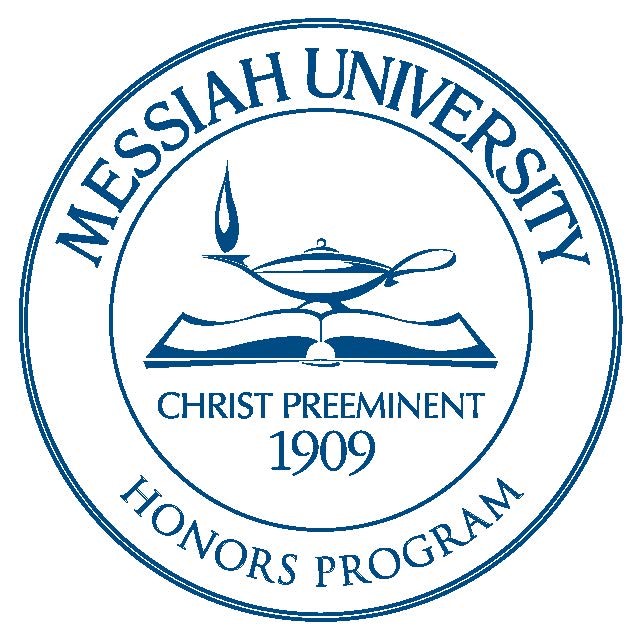Date of Award
2016
Document Type
Thesis
Degree Name
Bachelor of Arts (BA)
Department
Human Development and Family Science
First Advisor
Dr. Raeann Hamon
Second Advisor
Dr. Erin Boyd-Soisson
Third Advisor
Dr. Jennifer Thomson
Abstract
Anyone, especially those over 64 years of age, is at risk of a stroke. When a stroke victim has adult children, his or her children often need to step in as caregivers to aid in recovery. Adult children in these positions often face the risks of role strain, unequal division of responsibilities between siblings, and lack of adequate resources available to them. Resources such as stress management techniques, caregiving relief, and valuable educational resources can combat these stressors. Currently, most research focuses on the experiences of stroke survivors during recovery. While this is important, understanding the effects strokes have on survivors’ family members, specifically adult children, can help to minimize the outlined risk factors and maximize the outlined protective factors. This paper explains a qualitative research study in which the focus is understanding how seven adult children’s lives are changed following their parents’ strokes in attempt to answer the question: What is the overall effect of a parent’s stroke on his or her adult child? Analysis of the interviews suggests that adult children often experience the most changes in their relationships with their family, use of their time, and view of their parents. These changes were often attributed to the adult children’s support from others, understanding of their parents’ strokes, and importance of their faiths. This knowledge is beneficial to stroke survivors, family members, and professionals in health care settings on how adult children can best adapt to their parents’ strokes to make the smoothest transition possible into caregiving roles.
Recommended Citation
Weit, Jaclyn, "Understanding the Effects of Parents’ Strokes on their Adult Children’s Lives" (2016). Honors Projects and Presentations: Undergraduate. 45.
https://mosaic.messiah.edu/honors/45


